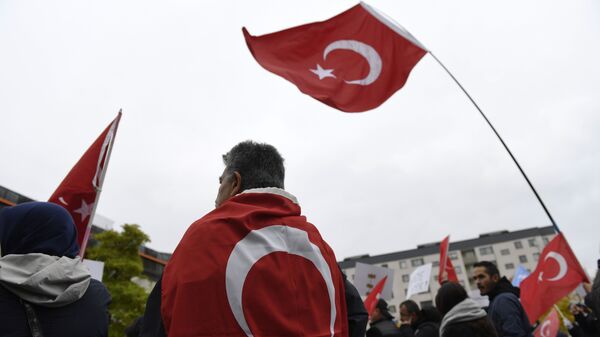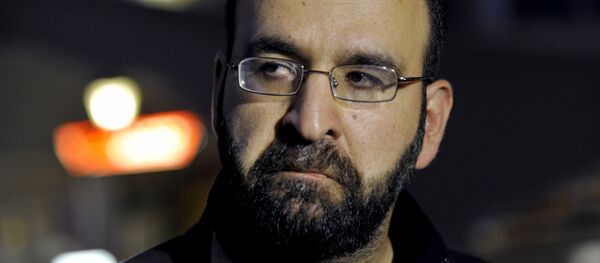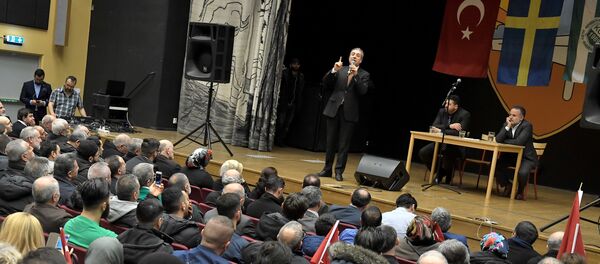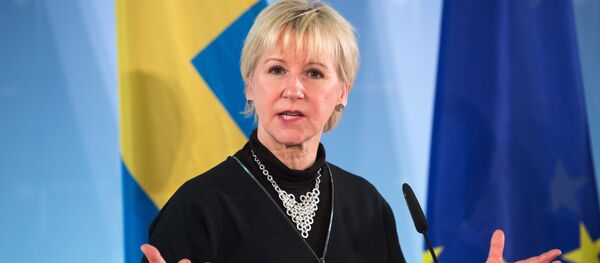In a recorded conversation brought up by Swedish Radio, a representative of an Erdogan-loyal emissary reportedly tried to persuade a sympathizer of US-based preacher Fethullah Gülen, accused of masterminding last July's failed attempt to topple President Recep Tayyip Erdogan, to hand over a list of associates and warned of the consequences if he did not cooperate.
Following this disclosure, the Swedish Foreign Ministry contacted the Turkish Embassy for an explanation.
"We have expressed our concerns about this issue, and it has been duly observed," Foreign Minister Margot Wallström said, as quoted by the Swedish daily Svenska Dagbladet.
"It is contrary to Swedish law, there is no doubt about it. Moreover, it is contrary to international law. To have foreign agents on Swedish soil is unlawful interference in Swedish state affairs," Ove Bring told Svenska Dagbladet.
However, according to Lisa Simonsson of the Security Service department working with counterintelligence, it is difficult to determine whether or not Turkey's actions in Sweden can be classified as refugee espionage. According to Simonsson, these are complicated matters involving vague legal descriptions and tough requirements, which ultimately yield few convictions. Remarkably, she declined to estimate the extent of Turkey's spying efforts, stating that her agency at the moment was prioritizing Russia, China and Iran.
Liberal politician Birgitta Ohlsson argued that the alleged intelligence gathering against political refugees and Swedish citizens with Turkish roots is unacceptable and called on the Foreign Ministry to immediately summon the Turkish ambassador, Swedish Radio reported. Even Sweden's Kurdish Association called on the Swedish government to immediately address the issue.
Sweden, a nation of 10 million, has a significant Turkish diaspora of 75,000 people, of which 45,000 were born in Turkey. While the number of asylum seekers in Sweden has fallen sharply for all nationalities in 2016, there was one notable exception: a nearly 200 percent increase of Turkish nationals, putting Turkey in eighth place in terms of most common countries of origin among migrants.
According to Paul Levin of the Institute for Turkey Studies at Stockholm University, there was a growing polarization between Turks and Kurds in Sweden. Another problem was that numerous Erdogan supporters were alienated by the Swedish media and the tone of the ongoing public discussion in Sweden, which allegedly posed significant integration problems, Svenska Dagbladet reported.
Never miss a story again — sign up to our Telegram channel and we'll keep you up to speed!






